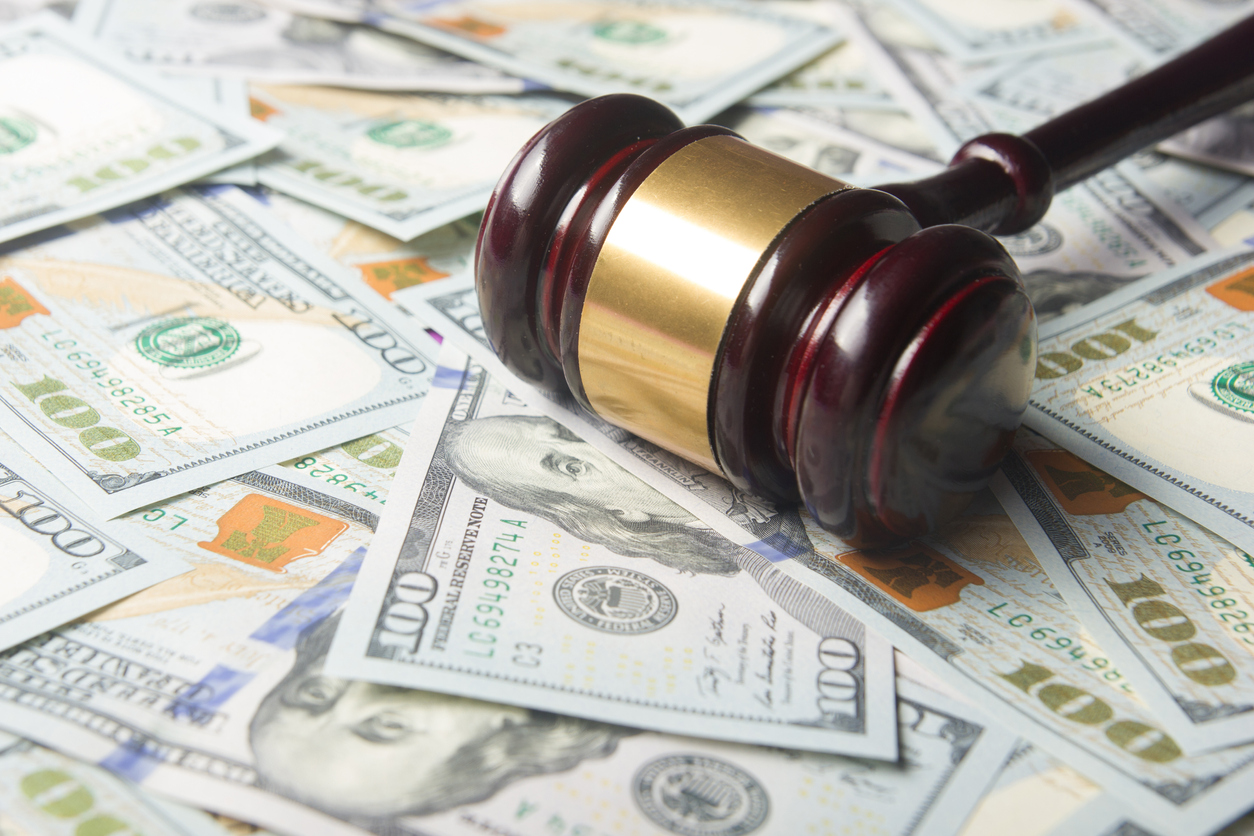If you’re convicted of a crime, you might have to spend time in prison or on probation. Prison time can have a huge impact on your money situation. This is because you’re unable to keep a job and income while you’re away. But that’s not the only financial cost that comes with a criminal conviction. You’ll also face legal financial obligations, too. But what happens if you can’t afford to pay court fines, fees and costs.
What kinds of fines, fees and costs do courts use in criminal cases?
Over the past ten years, almost every state in the country has passed new laws to collect court fines, fees and costs. Some of these costs are designed to be punitive, meaning they’re meant to punish. Others are to help the budgets of court systems.
Most states set their court costs by law. Some state laws impose court costs based on the type of crime involved. For example, Texas has a law that imposes a $250 court cost in certain criminal cases to cover the cost of DNA recording. Other states charge specific costs for jury trials. In Washington, for example, you face a $250 court cost for a 12-person jury trial.
These costs aren’t limited to only court-related events either. You can face costs for using a public defender, for your time in jails and prisons, for your probation and parole supervision and even for any type of electronic monitoring.
These court fines, fees and costs can add up quick. In fact, some states, like Illinois, don’t have any limits on the amounts at all.
And these amounts don’t take into account restitution either. Restitution is the amount a court can make you pay the victim to right whatever wrong you allegedly committed. This could be something like paying for counseling if they suffered emotional harm. But it could also be something like pay for a new vehicle if you totaled theirs in a drunk-driving crash or something similar, too.

What happens if you can’t afford to pay the court fines, fees and costs?
Many people who end up in prison don’t have a lot of extra money to begin with. And, when they’re in prison, they likely won’t have much, if any, money coming in either. This can make it very challenging to afford all of the court fines, fees and costs.
Unfortunately, you’ll still have to pay those fines, fees and costs — even if you can’t afford to. In prison, this could mean the court taking some or all of your commissary funds. After your release (or sometimes sooner), you can ask the court for a payment plan. But, either way, you’ll still have to pay what you owe.
If you don’t pay your court fines, fees and costs on time, courts can hold you in contempt of court. This could put you back in jail or prison. You can also find yourself facing additional fines, fees and costs for late payments as well. And this is on top of any interest the court might charge you as well.
The Takeaway:
Criminal convictions come with costs. It can take you away from your job for months or years. But a criminal conviction also comes with court fines, fees and costs as well. You can find yourself leaving prison owing thousands of dollars, and that debt can impact you and your family for a long time.






